What if you could build a career and a wilder world at the same time?
Growing your career doesn’t have to mean putting nature on the (literal) back burner. If you’ve been dreaming about doing work that makes a real difference, now’s the perfect time to explore a career in nature conservation.
The good news? There’s a huge variety of nature conservation jobs out there. These range from more traditional or well-known conservation roles to new opportunities emerging in response to the triple planetary crisis (biodiversity loss, pollution, and climate change).1
In fact, there are so many careers for nature lovers that we can’t possibly cover them all here. So, we’ve selected some of the most inspiring ones and grouped them into some easy-to-browse categories based on skills and interests.
Ready to dive in? Let’s explore the types of jobs in conservation that could help you shape a better future for yourself and the planet.
Wilderful Nature Conservation Job Examples
Storytelling Careers for Nature Lovers

Storytelling is one of the best ways to reconnect people to nature and mobilize support for the wild world. If you’re a creative sort who loves telling word or picture-based stories (and/or helping those stories go further), here are some conservation communication roles for you:
- Conservation Journalist: Write articles to keep the public informed about issues that impact the environment.
- Wildlife Photographer or Nature Documentary Filmmaker: Inspire preservation efforts with impactful images or videos about wildlife and environmental challenges.
- Social Media Manager for Conservation Organizations: Create and share engaging content to raise awareness online and mobilize supporters
- Conservation Illustrator or Designer: Create visuals that bring nature conservation campaigns to life and spread awareness.
- Environmental Communications & Media Officer: Write campaign stories for organizations – and liaise with the press to get campaign coverage.
Nature Conservation Jobs for Connectors & Educators
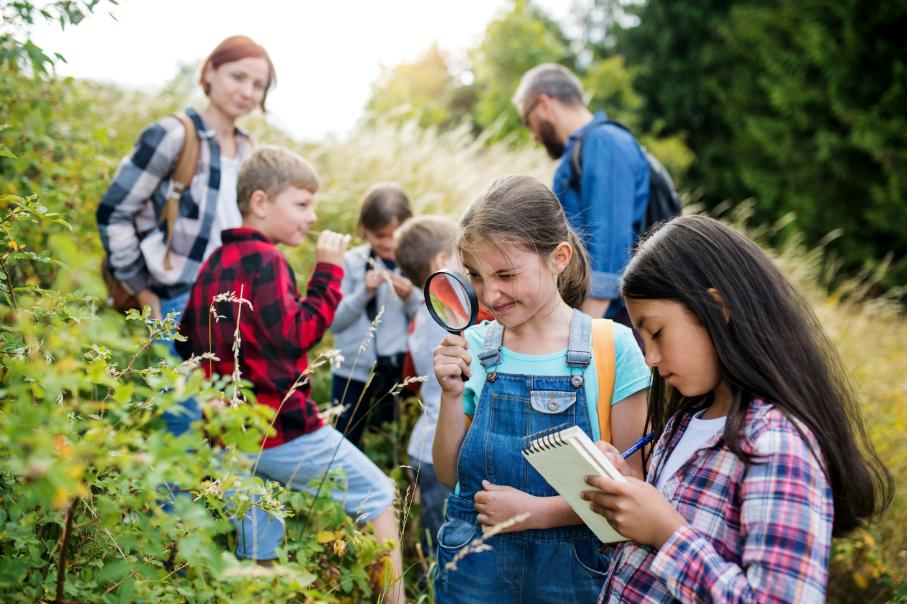
As much as some egos might like to think, no one person can save the world alone. We need everyone onboard, and we need a just transition. Roles that bring everyone’s knowledge together, connect people with nature, and inspire communities to act as one are absolutely invaluable:
- Outdoor Education Instructor: Teach children and adults about nature through hands-on activities.
- Indigenous Knowledge Liaison: Connect and advocate for the integration of Indigenous knowledge with modern conservation practices.
- Community Outreach Coordinator: Engage with communities to promote conservation awareness.
- Conservation Educator: Develop and deliver educational programs about the environment.
- Youth Engagement Coordinator: Work with young people to inspire action for conservation.
Financers for the Future

Until the eco-revolution comes, money still makes the world go round. And nature needs every euro/dollar/cent it can get. Roles that influence financial support for conservation efforts include:
- Conservation Fundraiser: Organize campaigns that raise money for conservation projects.
- Nature Philanthropy Officer: Build relationships with donors to support conservation programs.
- Environmental Grant Researcher: Find and apply for grants to funnel funding into conservation efforts.
- Conservation Finance Specialist: Develop innovative ways to fund environmental projects.
- Corporate Social Responsibility (CSR) Manager: Help businesses invest in and implement environmental and social initiatives.
Environmental Caretakers & Guardians
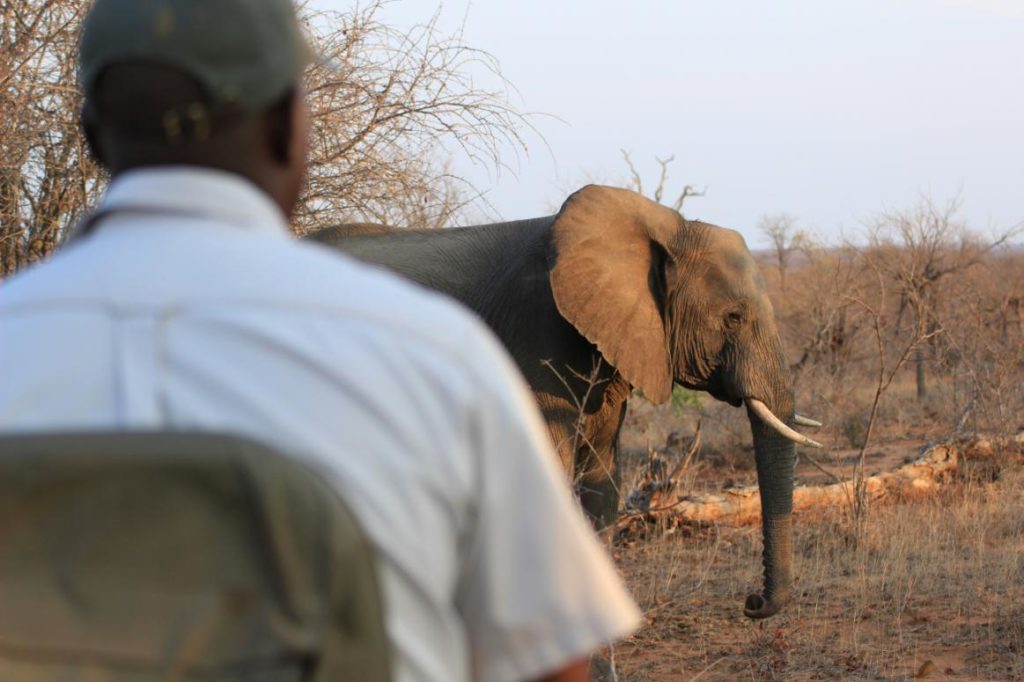
These are maybe the roles people normally think of first when they imagine a career in wildlife conservation. Here are some metaphorical and, in some cases, literal ‘hands-on’ careers that allow you to protect and care for wildlife and habitats:
- Park Rangers: Protect public lands and wildlife reserves and enforce conservation laws.
- Wildlife Veterinarian, Animal Care, or Rehabilitation Specialist: Heal and care for wild animals, often in a sanctuary or rehabilitation setting.
- Marine Protected Area Manager: Oversee and enforce conservation in marine waters and coastal reserves.
- Wildlife Tracker: Monitor and track animal movements in the wild to support conservation efforts and protect endangered species.
- Invasive Species Technician: Remove harmful invasive plants or creatures to restore balance to ecosystems.
- Forest Steward or Forestry Manager: Manage the protection of forests and natural resources by planting trees, controlling pests, and monitoring forest health.
Conservation Scientists & Researchers
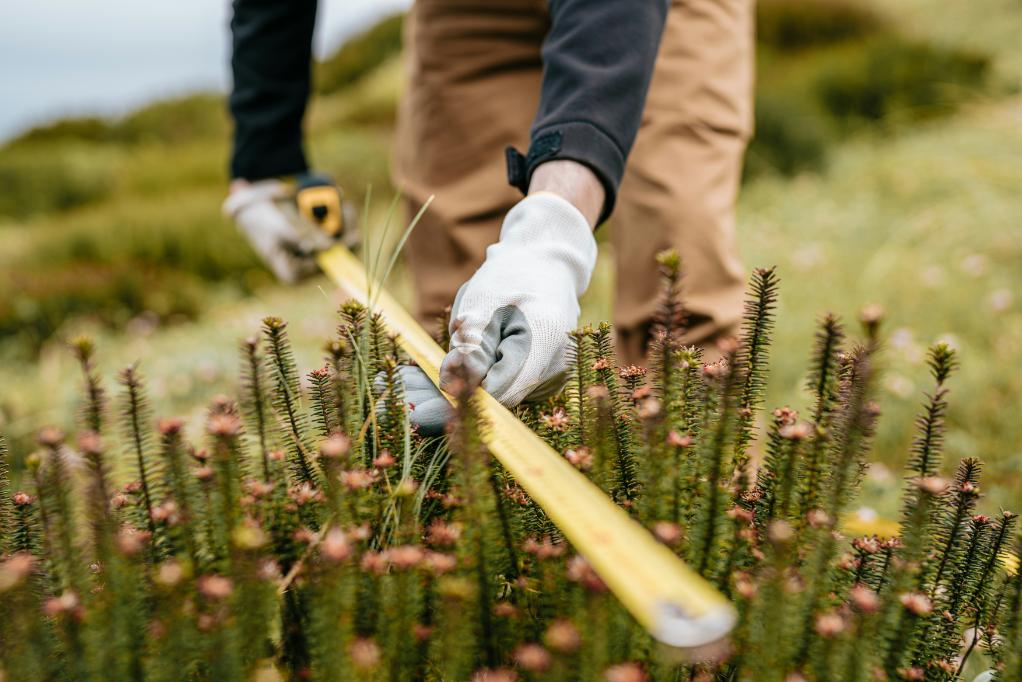
Scientists help us understand environmental challenges like biodiversity loss, climate change, and habitat degradation. Their research guides conservation efforts and shapes planet-protecting policies:
- Conservation Biologist: Research biodiversity and develop strategies to protect endangered species and ecosystems.
- Climate Scientist: Study climate patterns and impacts to inform solutions for mitigating climate change.
- Conservation Ecologist: Research conservation ecology to guide restoration efforts.
- Marine Biologist: Study ocean ecosystems, including coral reefs and marine wildlife, to support their conservation.
- Soil Scientist: Research soil health and its role in carbon storage, agriculture, and ecosystem restoration.
Environmental Lawyers & Policy-Pushers

Protecting nature at a systemic level means we need people who can influence legislation on behalf of the environment and protect it and vulnerable communities in a court of law:
- Environmental Lawyer: Represent environmental cases in courts or advise on legal compliance.
- Human Rights and Environment Specialist: Advocate for protecting vulnerable communities affected by environmental issues.
- Conservation Policy Analyst: Research existing policies and assess their impact, providing recommendations to make conservation efforts more effective.
- Environmental Policy Advisor: Work with governments or organizations to design policies that protect nature and meet conservation goals.
- Advocacy Campaign Manager: Lead campaigns to influence public opinion and policy decisions.
Techies for Nature Conservation
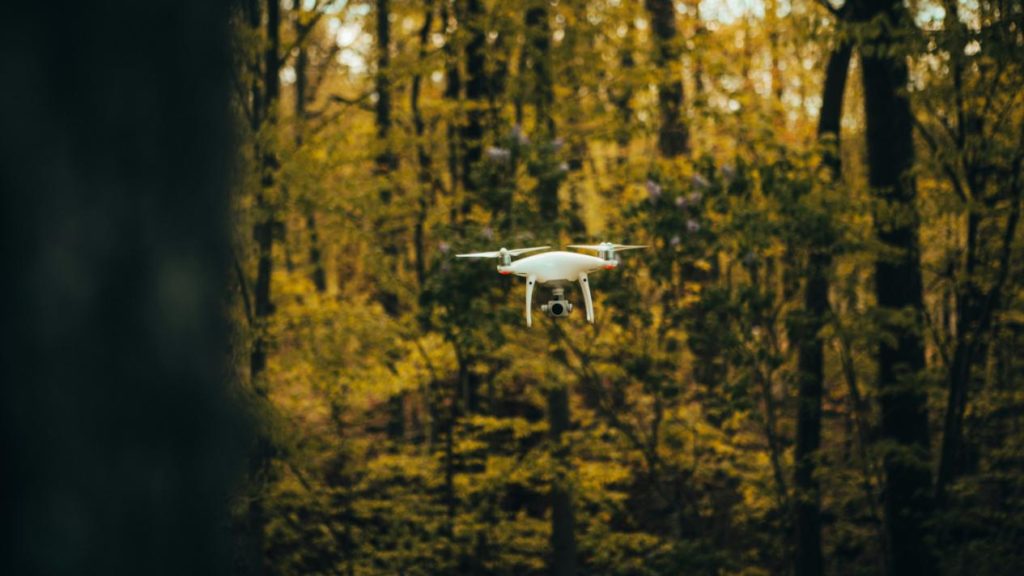
For all the tech wizards out there – nature needs you, too! Successful conservation efforts require data scientists, mapping experts, monitoring tool specialists, and developers aplenty:
- Geospatial Analyst (GIS Specialist): Use mapping tools to track habitats and wildlife populations.
- Drone Operator for Wildlife Monitoring: Fly drones to collect data on wildlife and ecosystems.
- Climate Data Analyst: Study patterns in climate data to predict trends (and help mitigate the effects of climate change).
- Remote Sensing Technician: Use satellite imagery to monitor environmental changes.
- Conservation App or Website Developer: Create apps or websites for organizations looking to engage the public in nature restoration efforts.
Still with us? Whew! Then, hopefully, you spotted a role or two that sparked your interest. If not, consider checking out our article on 14 Nature Jobs That Pay Well for more inspiration.
Once you’ve decided the right conservation role for you, you’re going to have to get out there and find an open position in the wild. So, let’s look at how to do that next.
Tracking down careers for nature lovers
Your first steps toward a new conservation role
Like most things worth doing, starting a career in nature conservation requires careful reflection and preparation.
First step: Research the role you want by checking out past and present adverts for it online. Overall, do you meet its essential requirements? Compare your existing skills, experience, and education with the job specifications you discover.
👋 If you have all the right skills but are looking to side-step into a nature organization, you may be interested in our article on Switching to a Career in Nature.
Second step: This is a really crucial one. Consider whether your desired role matches up to your requirements and needs. Does it offer you the things you need to be happy and secure? For e.g. flexible working hours or a particular salary. Obviously, these vary from one organization to another, but generally speaking, particular roles may require longer hours or pay less.
Third step: Now, it’s time to start the real search for open positions. But don’t just rush out there and waste energy. This race, my friend, is a marathon and not a sprint. You don’t want to risk burning yourself out.
Instead, get strategic.
Check nature-specific job boards (and sign up for email alerts), join biodiversity communities like the Wildya herd, and head to nature networking events. Connecting with people who already work in conservation will significantly increase your chances of landing a nature job. Every time they share a role, you may be one of the first to see it, or if you’re very lucky, you may become aware of an opportunity that hasn’t even been advertised yet. And yes, referrals from people already in the organization you’d like to join go a very long way too!
Fourth step: On to applications. You’ll need to start polishing that CV, penning the perfect cover letter, and preparing for interviews…we go into much more detail on all of this in our ‘How to get a nature job’ paid course.
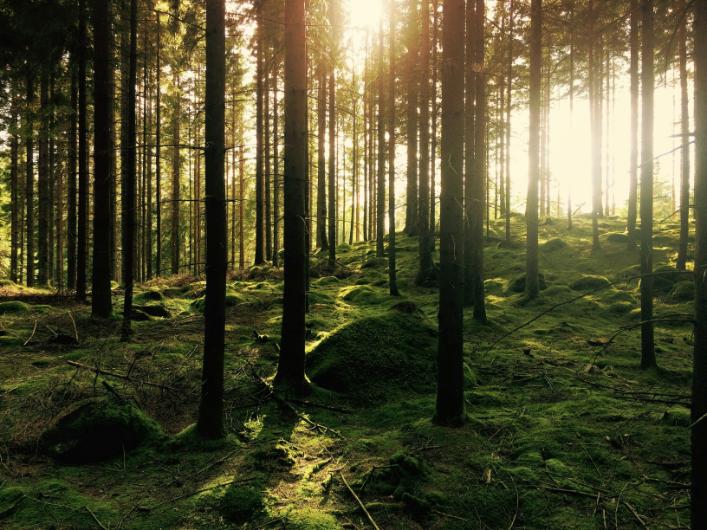
From nature passion to profession
There are nature conservation jobs for everyone: creative communicators, scientific sorts, technical types, and every skill set in between! So you can definitely grow your career and a wilder world. Whether you’re just beginning your career or looking to career switch from the corporate world, what’s stopping you from taking those first steps? If you’re still a little unsure about where to start or would like some extra guidance on careers for nature lovers, keep reading.
Your career path to a wilder world
Ready to land your dream nature conservation job? Wildya has a paid course on exactly this. It’s called, unsurprisingly, ‘How to get a nature job?’ and it’s jam-packed with helpful tips and tricks for those seeking nature careers. Plus, 15% of total sales go to Wilderlands – where it’s used to protect Australian biodiversity.
Sources:
1 What is the Triple Planetary Crisis?, UNCC.



